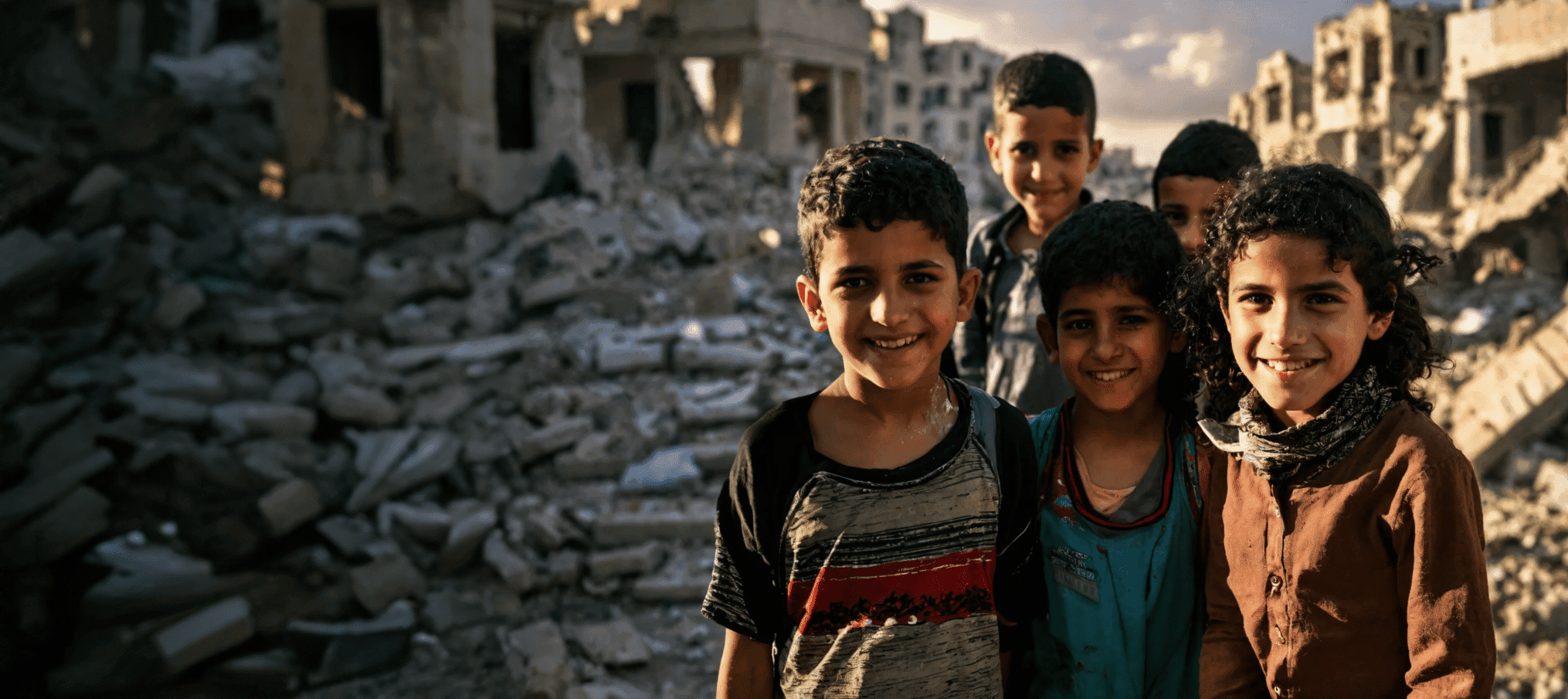Bring the Holy Land with its needs and its charm closer to the Christian Community, but also to the secular world, communicate this reality and ask for support and help: these the words of the Custodian of the Holy Land Pierbattista Pizzaballa in an exclusive interview concerning fundraising. Corrado Paolucci, an ATS Pro Terra Sancta volunteer, met the Custodian while preparing the final part of his academic thesis, dedicated, namely, to fundraising. To study in depth a sensitive but fundamental issue to continue supporting the Christian presence in the Holy Land and to preserve the existence of the Holy Sites: the call for help.
The Holy Land is a heritage that all the Christians are called upon guarding and protecting. How can we transmit this need to the Christian world?
The first thing to underline is that Christianism is not a spiritual doctrine but a revelation. It’s a historical revelation, an incarnation of human history, so it’s a fact first of all, not just a thought or a mental image. A fact with therefore a precise starting place, the Holy Land. So those who know the Mystery made flesh and who want to learn more about the revelation of Jesus, want also to know the place of this revelation. If you want to know a person, you also want to know where this person lives. This makes real and tangible this heritage, this greatness guarded in the Holy Land.
The Franciscans want everybody to have the chance to cooperate for the task entrusted to them by the Universal Church: preserve the Holy Sites and support the Christian presence in the Holy Land. This openness of the Custody is an act of charity towards others who then have the privilege to participate in this great mission. How can this be communicated? Through what instruments?
Help finds its place precisely in this perspective; the call for support exists because there is a real context, a living presence and a desire to participate to it.
Therefore we need to use any available social communication tool to be seen, to be known.
In today’s world what you see is what counts and what doesn’t come up is not listened to. Using media guarantees visibility at a global level and it’s essential to spread news about the facts and the needs in those sites.
Together with mass media, also pilgrimage is fundamental: we first of all invite everybody to try the experience of a pilgrimage in the Holy Land, not only to see but also “to touch with their own hands”, to experience the sites where Jesus lived. A person who has already been here, has a different look, a stronger attention towards this land and somehow keeps a connection with it and wants to keep helping even from his/her own country.
And how can the need in the Holy Land be communicated to the secular world? What is the connection between the needs of the Christians in the Holy Land and the political conflict?
This land not only gave birth to Christianism, but is also a context of conflicts and it’s right to recall it, even though there are different ways to do so and much depends on who does it. Certainly if it’s a politician or a person who anyway has a political end in his request, it’s one thing.
We, the Custody, are men of religion and we don’t want to give up our own style, even when dialoguing with the laics. We keep into consideration the people we are facing to avoid a too refined or spiritual language. But the true laic does not reject the religious point of view, on the contrary, they are interested and want to know about it.
Can we learn from the ability of the Hebrews to help each other? Their ability to keep memory of their ideal of being one people and of their motherland?
The Hebrew people have a strong sense of belonging to their motherland and to their people, no matter where they are in the world and this is a positive aspect which makes them unique and mysterious. I believe their unity is a great model of common belonging to be looked at, to be understood, because no matter what, this connection never ceases to exist, on the contrary, it gets stronger, it gets newer.

















